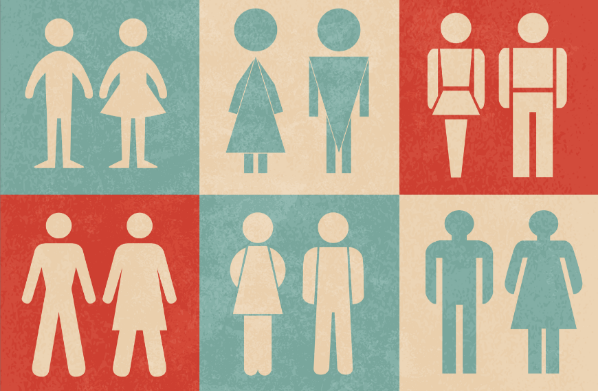Occupational licensing restricts economic opportunity. And, as Cathy Reisenwitz notes in this recent article, new research shows that occupations traditionally dominated by women face some of the most onerous and idiotic licensing requirements. From interior decorating to floral arranging to hair braiding: There is no rational justification for requiring that someone must have government certification before being hired for these services, and eliminating these unnecessary barriers to entry would increase economic opportunity, especially for the poor and women currently outside of the workforce.
Yet rather than making the case based on individual rights and economic opportunity, Reisenwitz argues that removing these barriers to entry for women will close the wage gap. She calls the wage gap “poorly understood,” but it seems that it’s Reisenwitz who misunderstands some basics about the wage gap and economics.
Occupational licensing acts to restrict the supply of workers in a given industry, which raises how much those in that industry can charge. In fact, that’s the primary reason behind these rules: Interior decorators and florists want to keep out competitors so they can charge more for their services and increase their own earnings. Remove those barriers and there will be far more decorators and florists available, and such competition will lower prices for consumers. But that means that women working in these fields would likely have lower earnings absent licensing requirements. That means a bigger wage gap, not a smaller one.
In fact, if the goal was simply to eradicate the wage gap—so that we could reach that holy grail of absolute parity when the Department of Labor compares the average wage of working women with that of working men!—then occupational licensing and further restricting the supply of workers in female-dominated professions would be a stellar policy recommendation. After all, if there were only a few florists and interior decorators available, they’d be able to command big salaries, which would be good news for the lucky few women in those occupations and for those obsessed with closing the wage gap.
Yet it wouldn’t be good news for liberty. Liberty means equal opportunity for men and women to pursue their interests and professions; the outcomes of those freely-made decisions are less of our concern. Far better for thousands more women to be able to sell their services as interior decorators and florists free from government interference, even if that means that the national average wage for women goes down and we have—gasp!—a larger statistical gap between men and women’s earnings.
This doesn’t mean that statistics like the wage gap should be ignored. Once relevant factors such as hours worked, professions chosen, years of experience, and education are taken into account, several percentage points of the wage gap remains. We should pay attention to this unexplained wage gap. Some of it may be due to women failing to negotiate as aggressively over salary—which is good news, because that’s a problem we can help solve with more education: I can keep that in mind as I consider my next job offer and teach my daughters to be comfortable talking about money. And some of this lingering difference may also be caused by sexism, which we should work to discourage as much as possible.
Yet supporters of liberty do ourselves no favors by accepting that equal outcomes, not equal opportunities, ought to be the focus of our society and a goal for our economic policy. Bad policies like occupational licensing and those that artificially increase childcare costs ought to be considered and reformed because they are an inappropriate use of government power and they rob people of economic opportunity, not because of an economically-dubious notion that they might change a statistic that’s become a feminist obsession.


